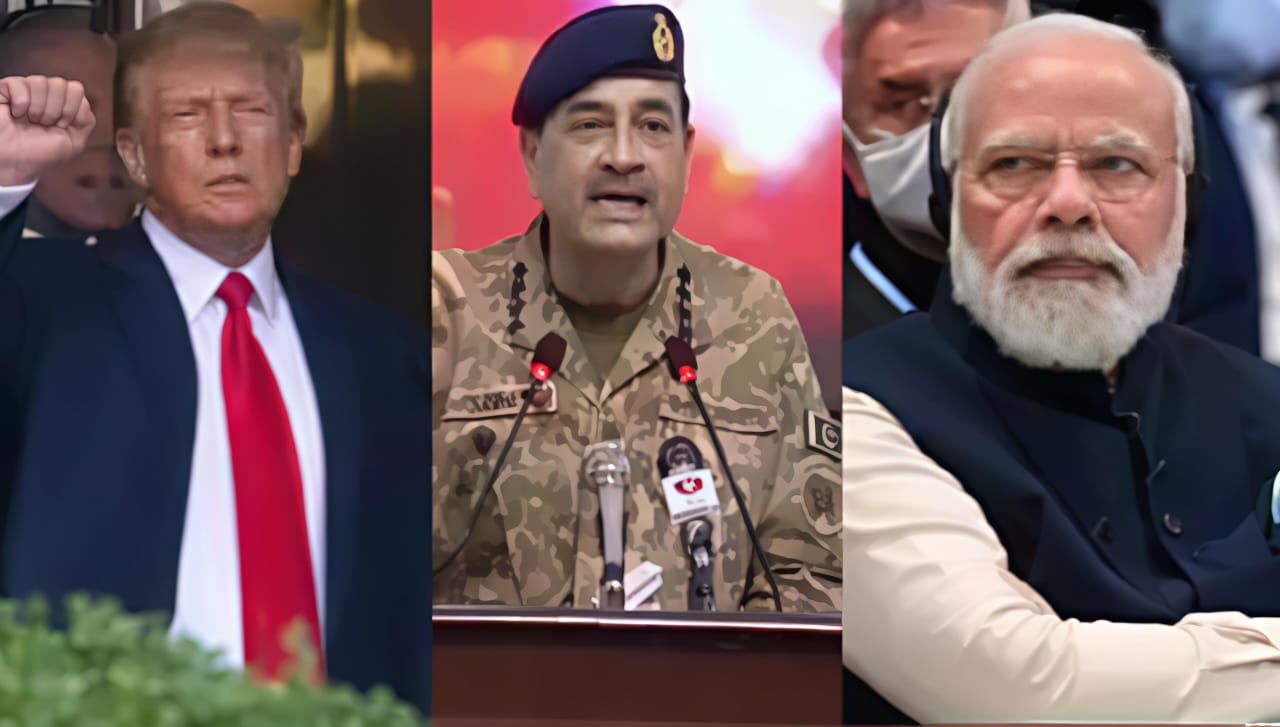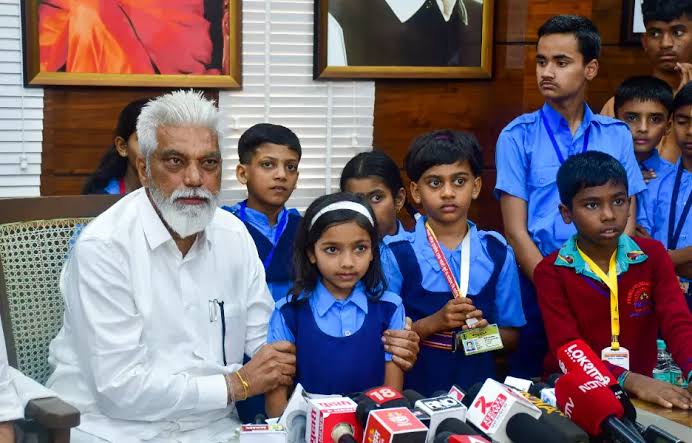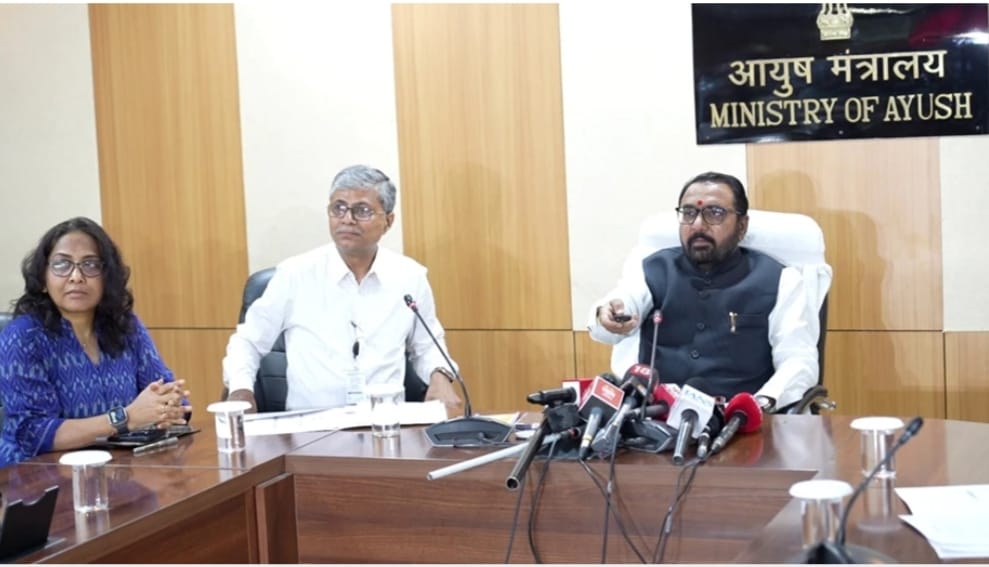 Image Source: India.com
Image Source: India.com
In a shocking turn of events in South Asian diplomacy, US President Donald Trump hosted Pakistan Army Chief Field Marshal Asim Munir for a historic closed-door lunch at the White House on Wednesday. The closed-door luncheon, held in the Cabinet Room without the presence of the press, follows heightened tensions between Iran and Israel and follows the recent India-Pakistan ceasefire, which Trump claims to have brokered—a claim rejected by Indian officials.
Key Highlights
Historic Meeting: Trump's private lunch with Munir is interpreted as a serious geopolitical message, with experts interpreting it as a return to the US's traditional balancing act between India and Pakistan.
Ceasefire Claims: Trump repeatedly claimed his intervention was the cause of the recent India-Pakistan ceasefire but Indian Prime Minister Narendra Modi insists the ceasefire was achieved through direct military talks and not through US intervention.
Congress Criticism: Congress party leader Jairam Ramesh lashed out at PM Modi, calling the Munir-Trump lunch a "triple jhatka" (triple shock) to Indian diplomacy. He condemned Modi's silence and demanded an all-party briefing on the government's reaction to the same.
Security Issues: Ramesh attributed Munir's "provocative" statements on the Pahalgam terror attacks and wondered at the wisdom of the US engaging in discussions with Pakistan's military hierarchy at this point.
US-Pakistan Relations: The visit falls under Munir's five-day US tour with a view to boosting strategic cooperation, including a meeting with US top-level officials. The White House discredited reports of Munir's invitation to the US Army Day parade, characterizing the nature of the visit as bilateral.
Political Significance: BJP countered Congress with calling it the "biggest cultivator of fake news," while strategic analysts warn that the meeting can be a shift in US regional policy.
Source: Economic Times, Reuters, Business Today, India Today, Times of India, The Print, Business Standard.
Advertisement
Advertisement






